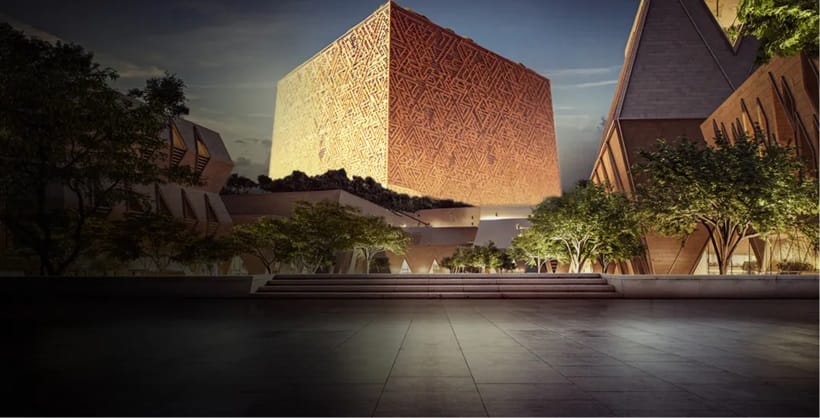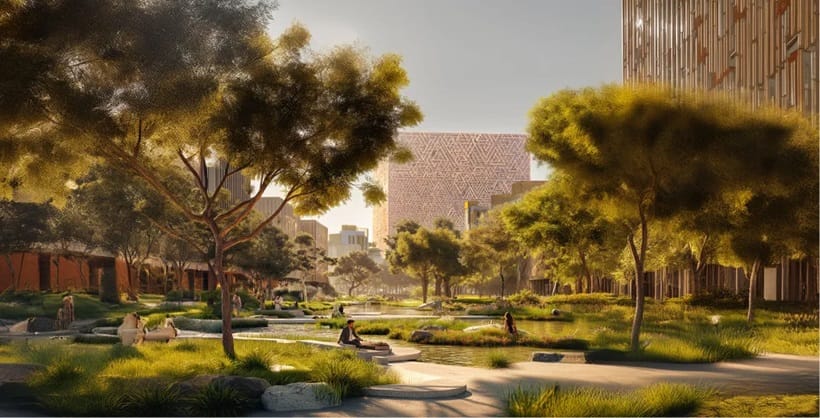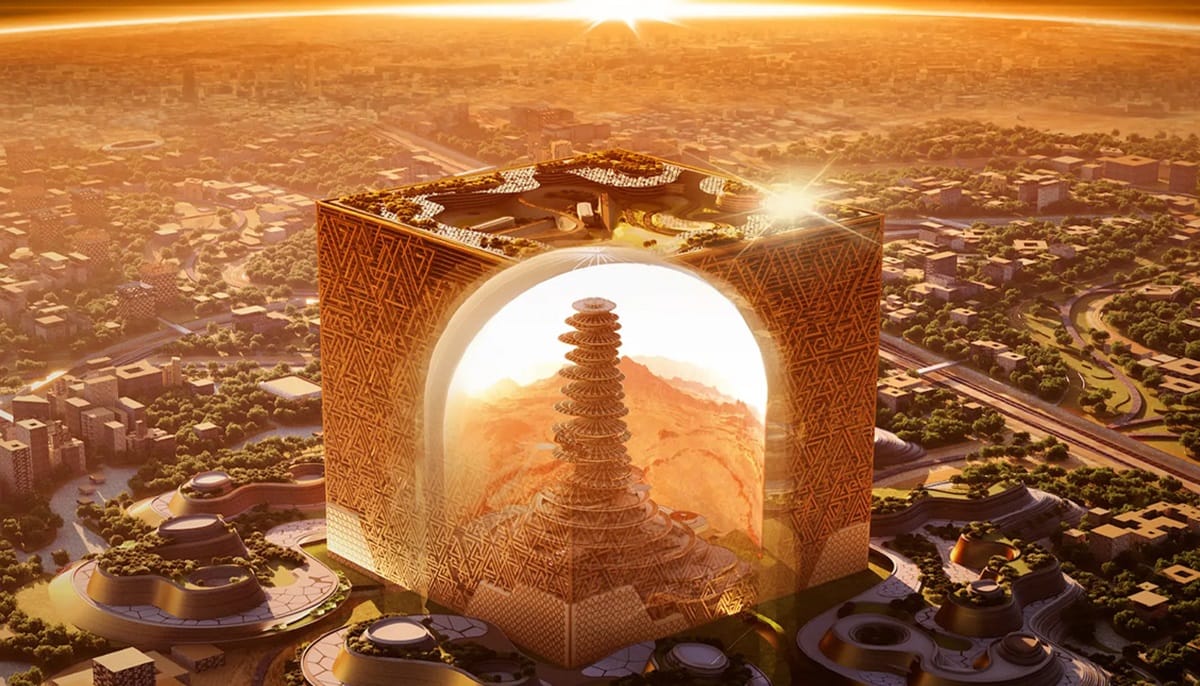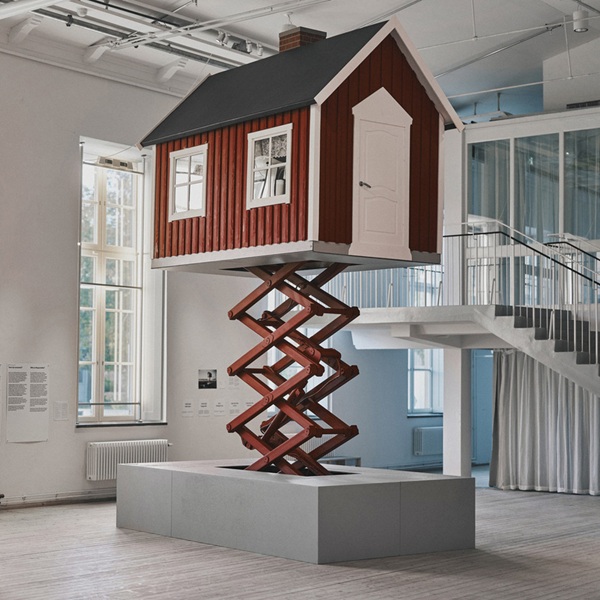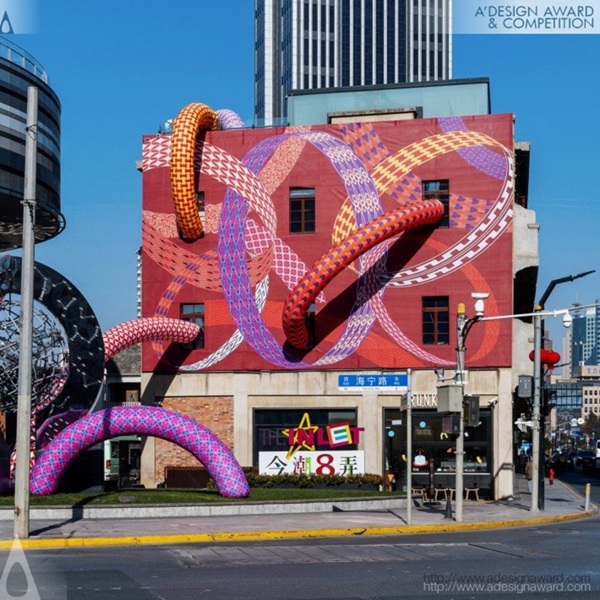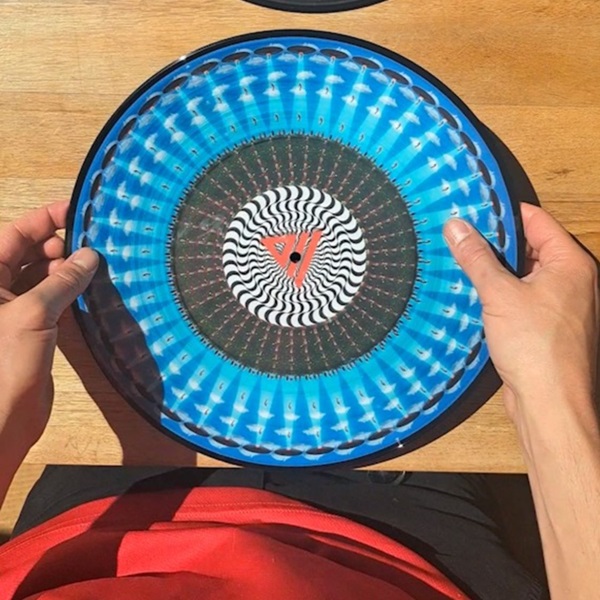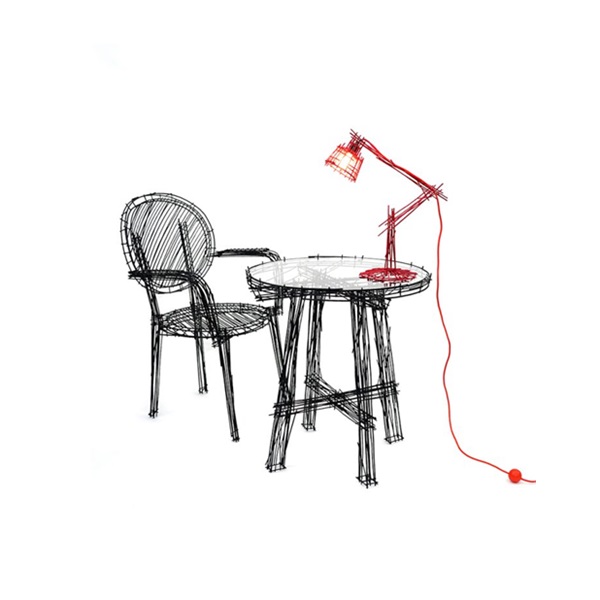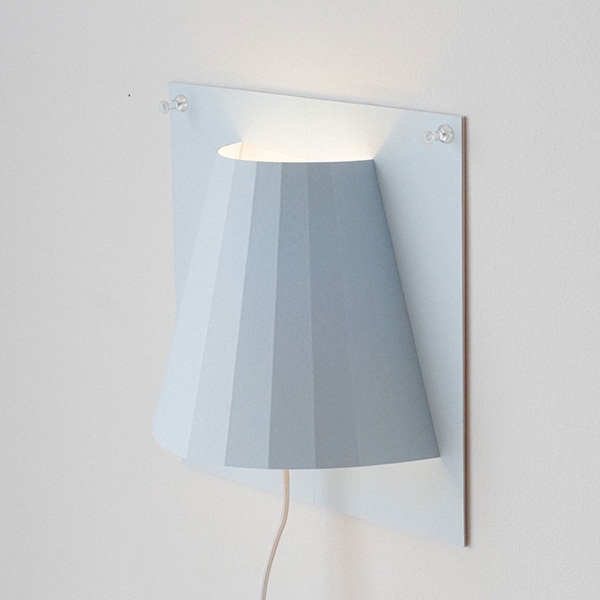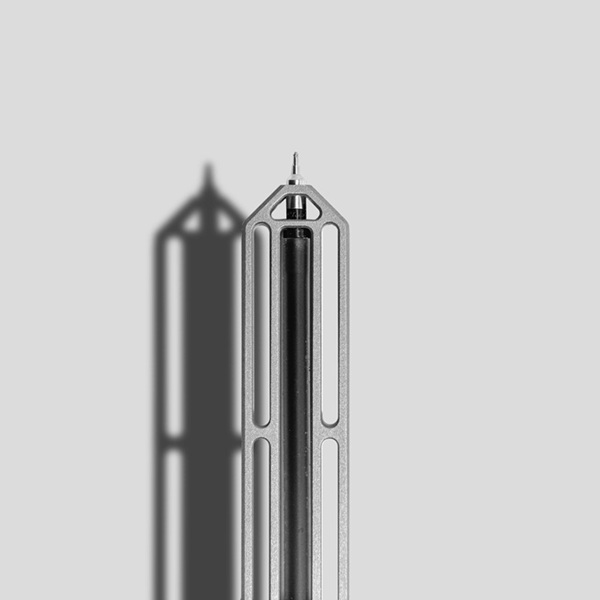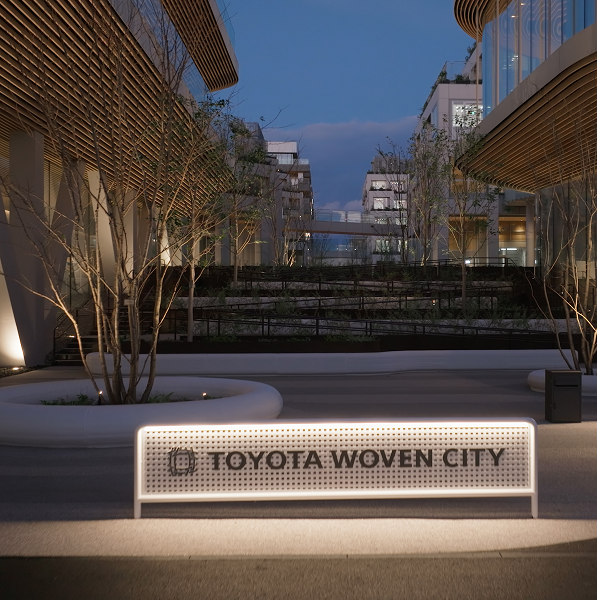Saudi Arabia has a project named the Mukaab. This project is set to redefine architectural boundaries as the world’s largest structure. In addition, it is poised to become a landmark of innovation and luxury in Riyadh, Saudi Arabia.
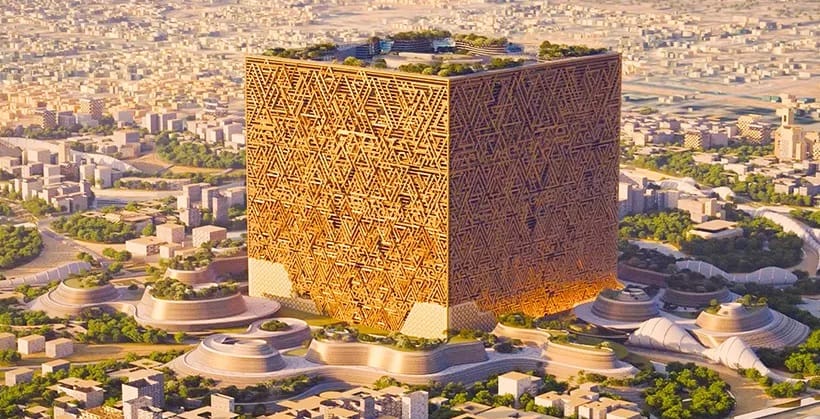
Image Credits: The New Murabba Development
This cubic megaproject is a part of the ambitious New Murabba development. According to the news, the Mukaab project will encompass cutting-edge technology, premium commercial spaces, and a futuristic experience.
For its striking resemblance to the Kaaba, the project has drawn criticisms about cultural and religious sensitivities. Even though supporters hail it as a symbol of progress, its design has become a topic of controversy.
The Centerpiece of the New Murabba Development
The Mukaab is designed as a cube. In addition, each side of the building measures an astonishing 400 meters. It creates a massive internal space capable of housing 20 Empire State Buildings. Mukaab interior will feature the world’s fully enclosed skyscraper that immersive holographic display will surround. These displays can transport visitors to virtual environments such as the Serengeti or New York City.
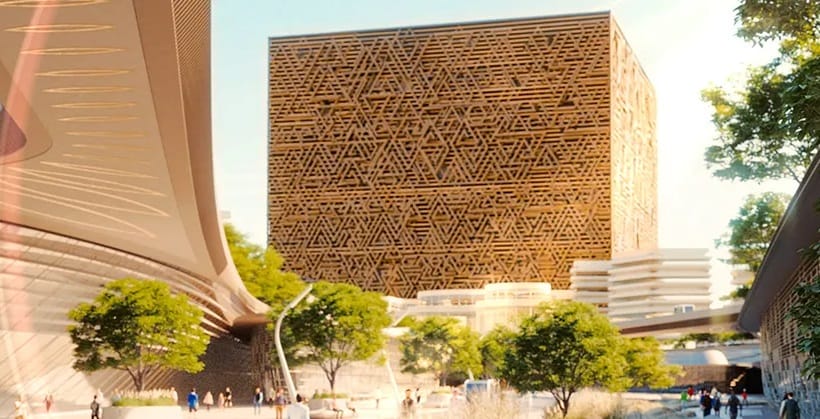
The Mukaab building incorporates overlapping triangular forms and is steeped in Saudi heritage. It will also include luxury hotels, residential spaces, and entertainment hubs. Additionally, This massive building with 2 million square meters of floor space will accommodate up to 35,000 people in its first phase. The project is set for completion by 2030.
Cricitisms about the Mukaab
The project has sparked significant controversy due to its design and cultural implications. Critics argue that its striking resemblance to the Kaaba, Islam’s holiest site in Mecca, is insensitive and could be perceived as a deliberate affront to religious symbolism.
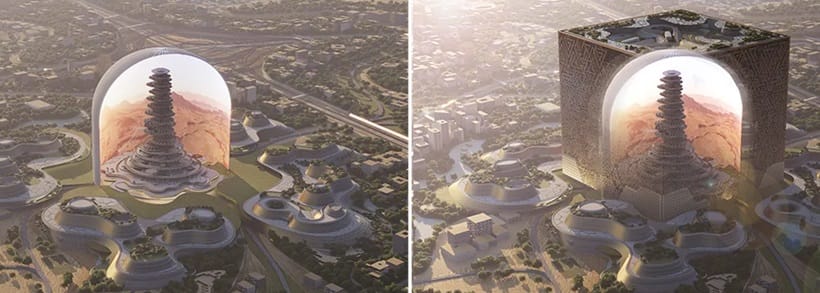
While some view the cube-shaped structure, Mukaab photos, as an architectural homage to Saudi heritage. In addition, social media discussions have amplified these concerns, with researchers and commentators highlighting the potential for the building to overshadow its religious counterpart.
